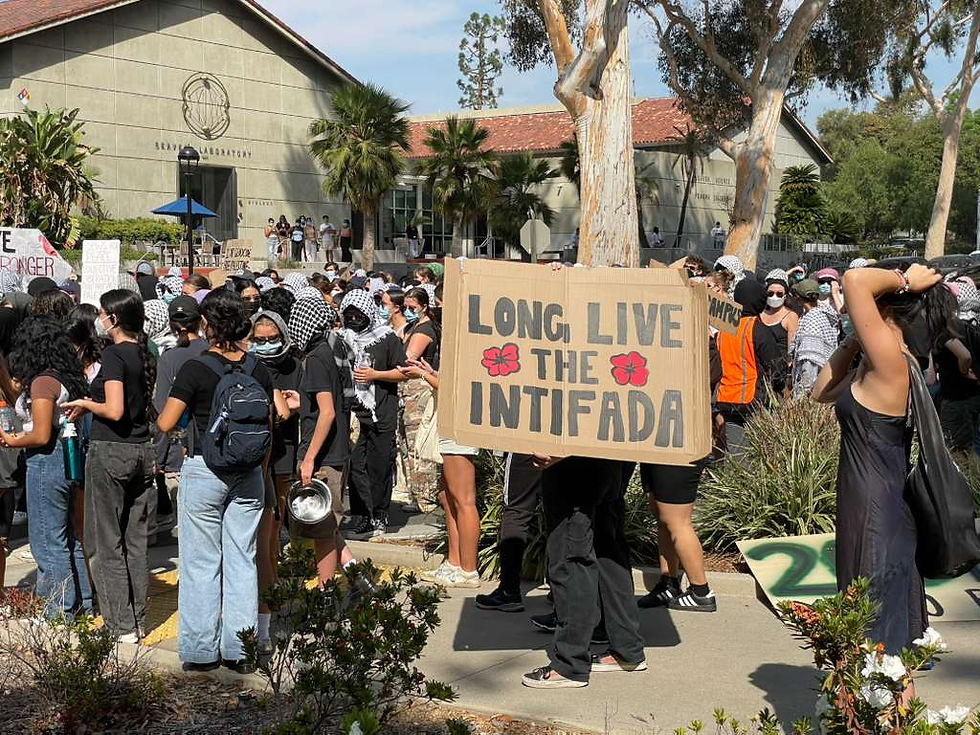Why not just CMCers should care about sexual violence policy
- The Claremont Independent

- Apr 11, 2013
- 2 min read
On Mar. 1, we attended the “5C Deans of Student Life Panel on Sexual Assault Policies,” hosted by the Motley and Sexual Assault Awareness and Resource Committee, both student organizations at Scripps. Five deans from each Claremont College were present for the 2 hour presentation, which consisted of the deans’ answers to pre-screened questions and a brief, live Q&A period.
It was an overdue opportunity for administration to engage students directly for a discussion of changes to sexual assault policies across the 5Cs. The discussion covered many questions ranging from “What do you intend to address in the policies?” to the concern that “previous policies didn’t address all [sexual] identities.”
More insightful, however, were the deans of the other colleges’ answers in relation to those of Dean Mary Spellman, Title IX Coordinator and effective spokesperson for CMC’s changes to sexual violence grievance procedures in light of the Dear Colleague Letter. Dean Spellman pointed out that CMC’s sexual violence grievance procedure policy was already “technically in compliance” before the recent changes. However, it became clear from the discussion that the other deans were taking a strong lead from Spellman’s initiatives.
For example, Harvey Mudd College VP of Student Affairs and Dean of Students, Maggie Browning, said that Harvey Mudd is in the process of revising its grievance procedures after they “took a look at what Dean Spellman was doing.”
Harvey Mudd College and Claremont McKenna College have already finalized the changes to their sexual violence grievance procedures. However, the other three colleges in the Consortium are still in the process of revising their policies.
Most of the deans emphasized that cross-campus policies were of particular importance, and it seems that policies are shifting to require that grievance procedures be carried out on the respondent’s campus. Given the frequency that students interact with one another across the 5Cs, the changes to grievance procedure policies on any of the five campuses have implications for any student at the Claremont Colleges.
Dean of Students at Scripps, Bekki Lee, acknowledged, “in cross-campus cases, the learning curve is to know each other’s processes.” It is concerning that any type of learning curve is involved in the context of serious accusations. Such comments point to the need for students from all 5Cs to educate themselves on changes to grievance procedure policies and their accompanying implications, especially in the area of the 5Cs’ differing definitions of consent and incapacitation. For example, CMC’s rules explicitly state that an individual can give consent under the influence, while other Claremont Colleges consider intoxication prohibitive of consent.
According to Dean Spellman, “each institution has its own culture of how to conduct processes. But what is really important is that where we do intersect, we have to be in agreement.”
The burden is now on students to educate themselves on how and where 5C policies intersect and agree. This starts with the sweeping changes to CMC’s sexual violence grievance procedures, and their problems, something to which we have already dedicated several articles, and something from which several 5C deans say they are taking the lead.
.png)



Comments